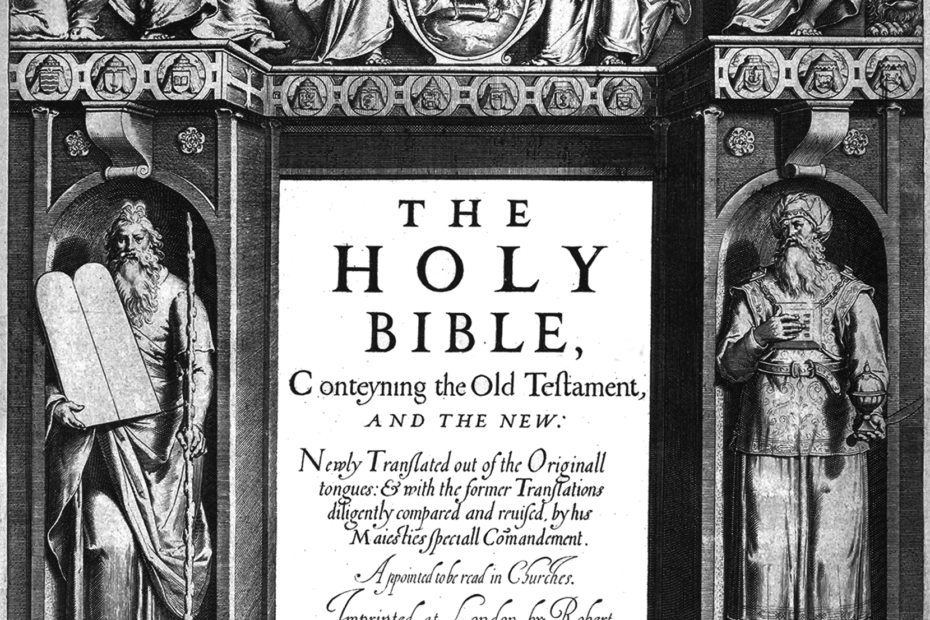Authenticity Affirmed: Rediscovering 1 John 5:7 in the KJV
Introduction: The Historical and Theological Significance of the Johannine Comma The Johannine Comma (1 John 5:7) has sparked considerable debate regarding its inclusion in the New Testament. This verse is pivotal for its clear articulation of the Godhead, a cornerstone of Christian doctrine. This blog… Read More »Authenticity Affirmed: Rediscovering 1 John 5:7 in the KJV









